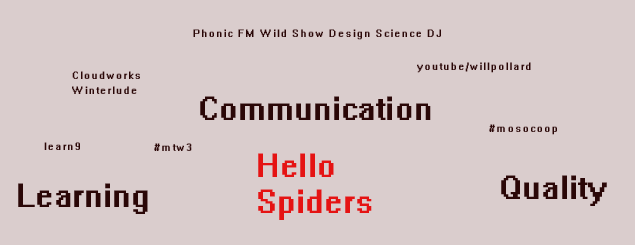Smartphone journalism and disruption
More print culture in the Observer. Peter Preston is upset that Tony Hall from the BBC has said-
"In the age of the smartphone, we have entered the age of smart news, of handheld … news that is fully internet-enabled and responsive … in which everyone has a hand on the microphone, ie not just broadcast, transmitted or distributed, but shared, exchanged, investigated and explained as much by the audience as the author …. news that puts the world, with all this implies, in the palm of your hand."
I can't really make out what the problem is. Maybe newspapers already have a plan of how to relate to this and the BBC should just let them get on with it. Or maybe nobody would realise that journalism is changing if the BBC did not report it.
Meanwhile John Naughton argues that there is not much evidence for "disruption" so best to move on. The Guardian has enough cash to cover the losses for a while in any case. So no need to worry.
But I still think at some point the OhmyNews model is worth another look. I may stop using the term "Citizen Journalism" and just explore what smartphone journalism could actually mean. The Guardian is offering courses on "citizen journalism" which seems to mean how to find facts from social media and behave as closely as possible to the model of how journalism was done previously. Ideas like how to shere stuff, how to edit through offering training, soforth not really there. I'm not going to pay for a course just to check this. Only a blog you know.
